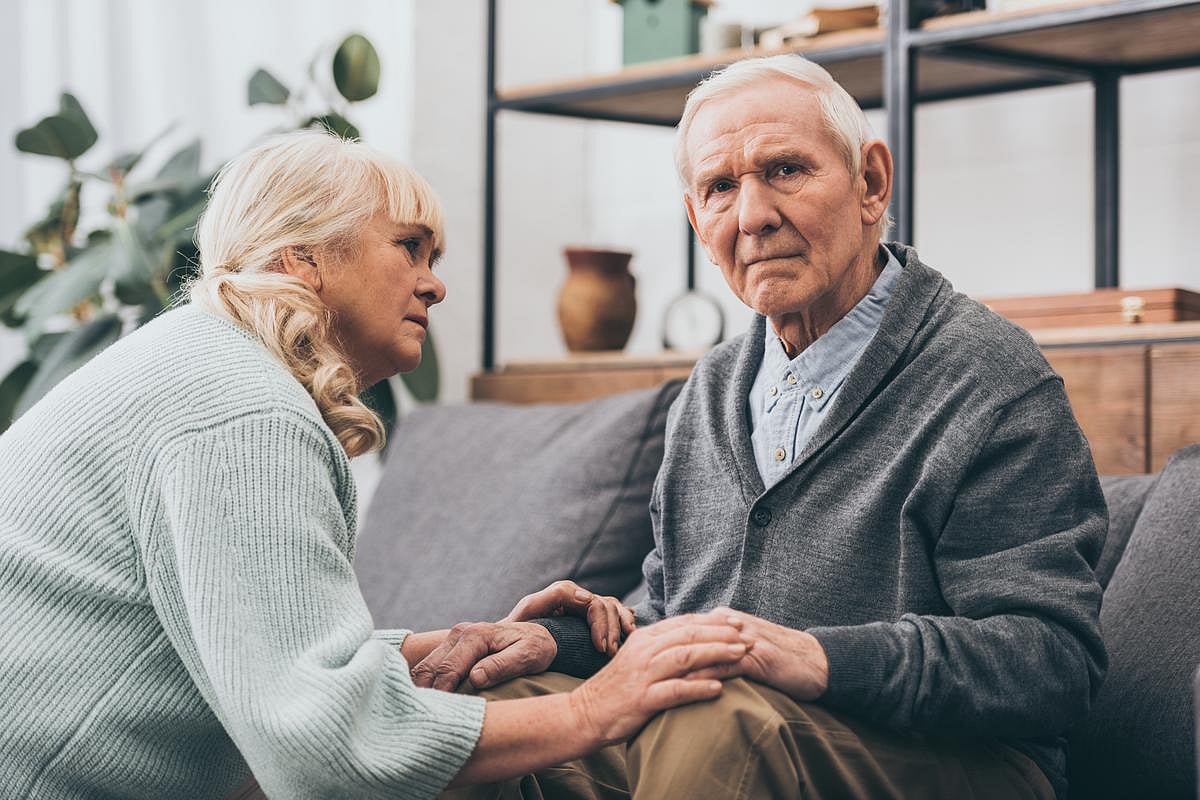Photo Credit: AI
The following is a summary of “Autologous Cell Harvesting Device Provides Repigmentation and Improves Quality-of-Life for Patients with Stable Vitiligo Lesions in a Large and Diverse Patient Population: A pre-post study,” published in the March 2025 issue of Journal of the American Academy of Dermatology by Pandya et al.
Vitiligo impacts mental health and quality of life, while surgical melanocyte transplantation, though effective, remains underutilized due to time and expertise demands; a cell harvesting device streamlines autologous skin cell suspension (ASCS) preparation.
Researchers conducted a retrospective study to assess early repigmentation response and changes in health-related QoL following ASCS treatment for stable vitiligo.
They treated 107 individuals with vitiligo using laser ablation followed by ASCS and at-home phototherapy.
The results showed that all Fitzpatrick skin types, and major vitiligo subtypes were included. Excellent repigmentation (≥80%) was observed by Week 4. By Week 24, all lesions showed improvement; 67% achieved more than 50% repigmentation, 42% reached at least 80%, and 8% achieved complete repigmentation. The Vitiligo Noticeability Scale response was met by 27.7% of lesions, while 72.3% of individuals reported satisfaction with treatment. A significant improvement from baseline in the Vitiligo QoL Instrument was observed at Week 24 (P <0.05).
Investigators concluded that the cell harvesting device provided a simplified, more accessible technique for melanocyte transplantation, and ASCS was highly effective for the repigmentation of stable vitiligo lesions with positive patient-reported outcomes and improved QoL in a large, diverse population.














Create Post
Twitter/X Preview
Logout